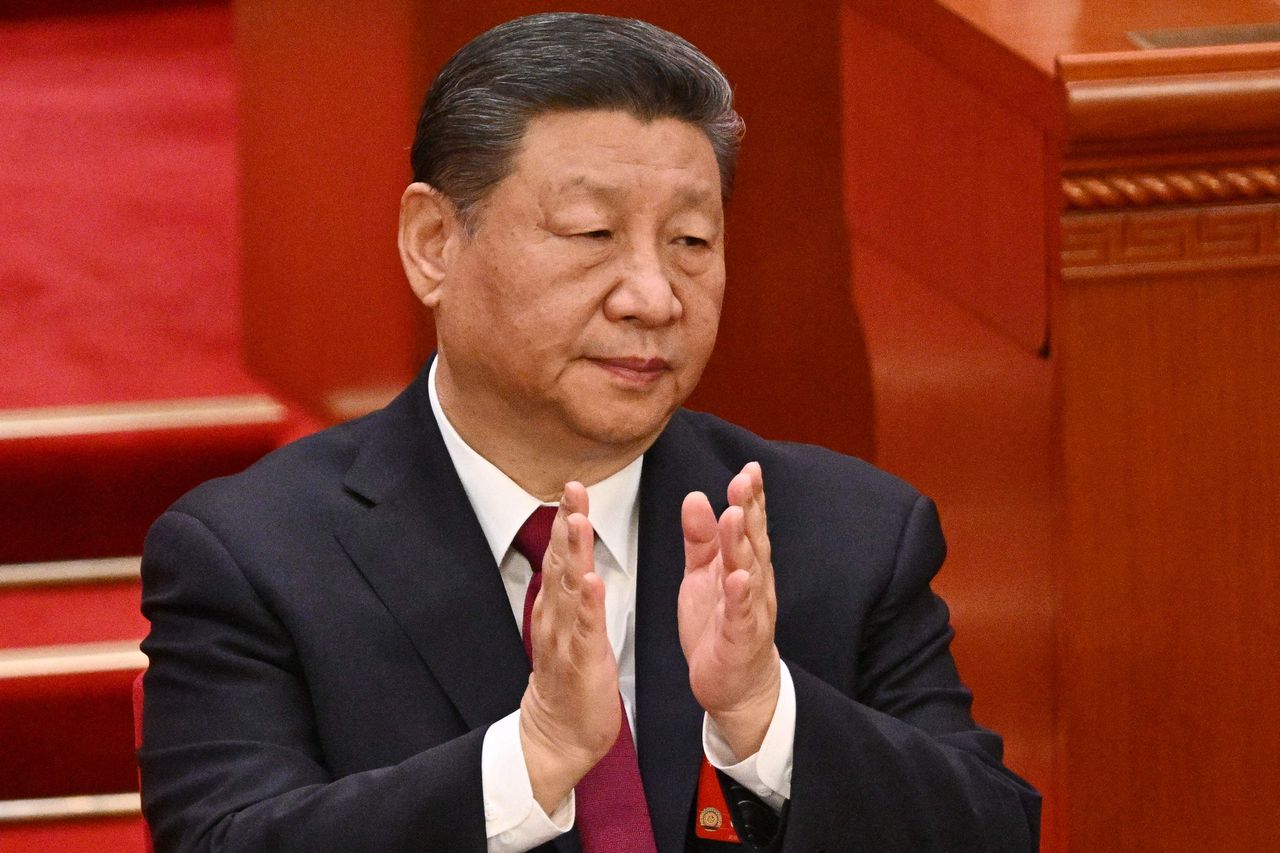China Faces Nigeria As US Market Freezes
Manufacturers in China are increasingly shifting their focus to Nigeria and other developing markets following the implementation of trade tariffs by U.S. President Donald Trump, according to a report by Agence France Presse (AFP).
On April 2, Trump imposed a 46% tariff on goods from Vietnam and a 17% tariff on products from the Philippines, later reducing both to 10% for a temporary three-month period while initiating trade negotiations with about 75 countries.
Chinese producers say the situation has become critical since Washington raised tariffs on Chinese exports by 145%, leading to a sharp decline in orders from American buyers. Candice Li, the marketing manager at Conmo Electronic Co., expressed deep concern in a survey shared with Channels Television, stating, “This is a life-or-death situation for us, as 60 to 70 percent of our business depends on American clients. With exports stalled, we’re unable to collect payments it’s extremely serious.”
Exporters interviewed by Reuters confirmed a significant drop or complete halt in U.S. orders an alarming trend for China, which heavily depends on its trade surplus for economic growth. Kobe Huang, a sales representative at Shenzhen Landun Environmental Technology, which produces water filters and smart toilets, mentioned that although sales to Europe have increased, the U.S. market is effectively on pause. “Distributors haven’t canceled, but they’ve told us to wait—and so we wait,” he said.
China remains unmatched in terms of exports to the U.S., sending over $400 billion worth of goods annually. Although tariffs on other countries are less severe, they are still expected to reduce global demand, which could also indirectly affect demand for Chinese products worldwide.
Nevertheless, Chinese exports to other markets—including Nigeria—have been on the rise. AFP’s survey suggests that China’s economy is likely to show about 5.1% growth in the first quarter, supported in part by increased exports. March export figures revealed a surprising 12% year-on-year jump, which analysts link to businesses rushing orders before Trump’s new tariffs came into effect.
In response to the shifting trade environment, many Chinese exporters have started diversifying—either by relocating parts of their operations or by targeting markets beyond the United States.

